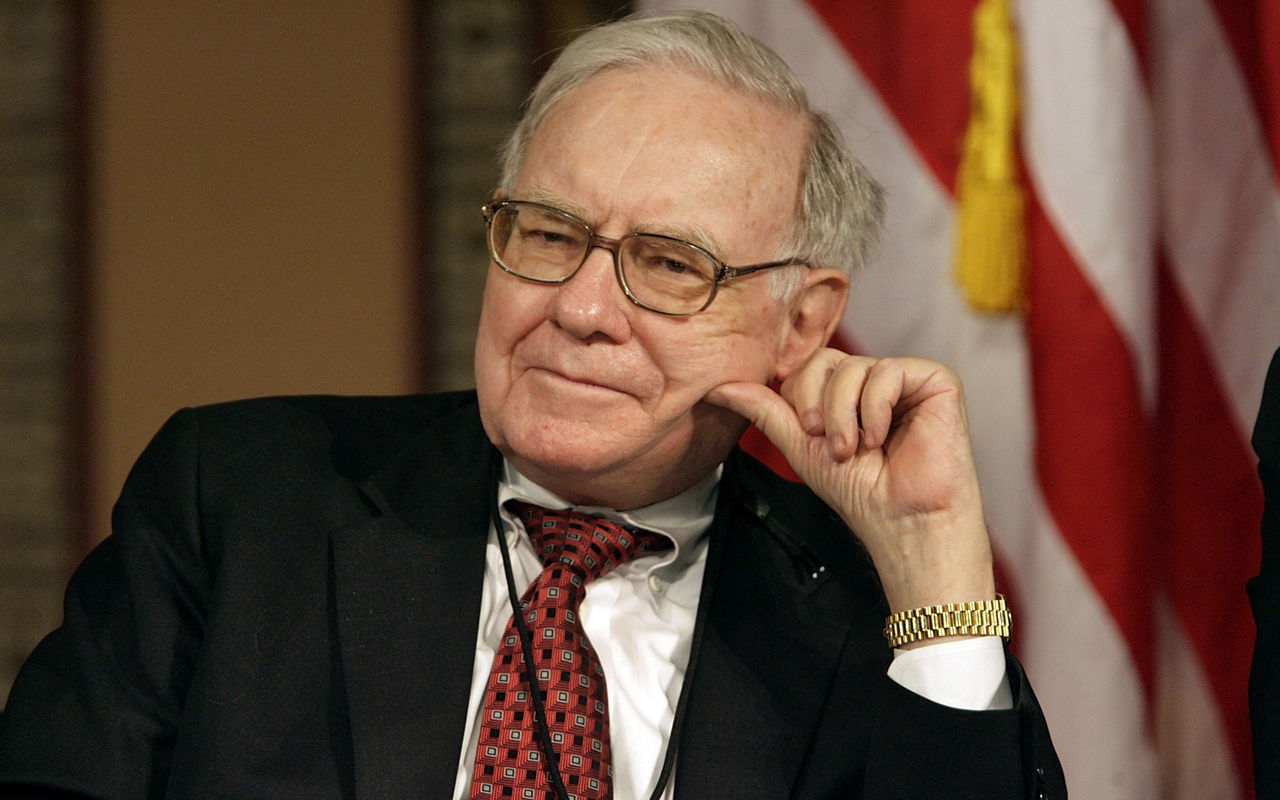Profit and prosper with the best of Kiplinger's advice on investing, taxes, retirement, personal finance and much more. Delivered daily. Enter your email in the box and click Sign Me Up.
You are now subscribed
Your newsletter sign-up was successful
Want to add more newsletters?

Delivered daily
Kiplinger Today
Profit and prosper with the best of Kiplinger's advice on investing, taxes, retirement, personal finance and much more delivered daily. Smart money moves start here.

Sent five days a week
Kiplinger A Step Ahead
Get practical help to make better financial decisions in your everyday life, from spending to savings on top deals.

Delivered daily
Kiplinger Closing Bell
Get today's biggest financial and investing headlines delivered to your inbox every day the U.S. stock market is open.

Sent twice a week
Kiplinger Adviser Intel
Financial pros across the country share best practices and fresh tactics to preserve and grow your wealth.

Delivered weekly
Kiplinger Tax Tips
Trim your federal and state tax bills with practical tax-planning and tax-cutting strategies.

Sent twice a week
Kiplinger Retirement Tips
Your twice-a-week guide to planning and enjoying a financially secure and richly rewarding retirement

Sent bimonthly.
Kiplinger Adviser Angle
Insights for advisers, wealth managers and other financial professionals.

Sent twice a week
Kiplinger Investing Weekly
Your twice-a-week roundup of promising stocks, funds, companies and industries you should consider, ones you should avoid, and why.

Sent weekly for six weeks
Kiplinger Invest for Retirement
Your step-by-step six-part series on how to invest for retirement, from devising a successful strategy to exactly which investments to choose.
Spyros Makridakis lives in Athens, Greece, a javelin’s throw from where the famous Oracle of Delphi forecast the future for ancient Greeks. Centuries have passed, but Makridakis says we still crave “experts who will take away all uncertainty about the future.”
In fact, the desire to predict and control our universe is a hard-wired human need, according to many psychologists. Makridakis, professor of decision sciences at Insead, an international graduate business school and research institution, points to what psychologists call the illusion of control -- a faith that the people we trust and the things we do will “somehow give us the ability to control the future.” Unfortunately, he says, our faith is usually misplaced, and that gets us into trouble -- especially with our investments.
The first step in dispelling the illusion is acknowledging just how unpredictable the future is, says Makridakis, coauthor of Dance With Chance: Making Luck Work for You (Oneworld, $15).
From just $107.88 $24.99 for Kiplinger Personal Finance
Become a smarter, better informed investor. Subscribe from just $107.88 $24.99, plus get up to 4 Special Issues

Sign up for Kiplinger’s Free Newsletters
Profit and prosper with the best of expert advice on investing, taxes, retirement, personal finance and more - straight to your e-mail.
Profit and prosper with the best of expert advice - straight to your e-mail.
Research showing that you cannot predict the future of the markets is irrefutable, but consider these recent examples: At the beginning of 2008, according to a survey of analysts by Bloomberg, no one had a clue about the financial disaster that would strike that fall. And back in January of this year, the Bloomberg survey showed that analysts saw sunshine and roses for 2011. The consensus: a 9% rise in Standard & Poor’s 500-stock index. As of October 7, it was down 8%.
Ah, you say, that may be true for most analysts. But what if I follow the analyst who got it right last time? Not so fast. Christina Fang, a professor of management at New York University’s Stern business school, tracked the Wall Street Journal survey of economic forecasts and came up with an interesting finding in her paper titled “Predicting the Next Big Thing: Success as a Signal of Poor Judgment.” Forecasters who made a great call on the economy aren’t likely to repeat that success very often, and their forecasts are worse than average overall.
Fang says that investors rarely check the long-term track record of forecasters. She adds that her research has taught her to “distrust the experts, be skeptical, and question the conventional wisdom.”
A Futile Effort
Failure after a briefly successful track record brings us back to Delphi. In 560 B.C., Croesus, the famously rich king of Lydia, wanted to find out which oracle dispensed the most accurate prophesies. So he tested the lot and proclaimed the one at Delphi tops for having foreseen that the king was making lamb-and-tortoise stew for supper. Croesus then asked the oracle about starting a war with Persia. Based on the oracle’s thumbs up, he attacked. Unfortunately, the Persians defeated Croesus and took him prisoner.
Evidence shows that those who fall most deeply for the illusion of control are less successful investors. An experiment had traders in London play a simple game in which they watched a graph rising and falling on a computer screen -- a graph similar to the rise and fall of a stock price. The traders were told the graph’s movements followed a random path but that it might be influenced by pressing three computer keys. In fact, its movements remained totally random.
Traders who believed they affected the graph the most -- in other words, those who suffered most from the illusion of control -- turned out to earn significantly less income from their real-life trades than those who had fewer illusions about their influence.
Once you recognize the futility of controlling or seeing into the future, your tendency toward overconfidence will diminish, and that alone will improve your investing decisions, says Makridakis. He suggests dismissing all short- and medium-term predictions -- even those forecasting trends over five to ten years -- and focusing on longer-term trends in assets such as stocks and bonds.
Profit and prosper with the best of Kiplinger's advice on investing, taxes, retirement, personal finance and much more. Delivered daily. Enter your email in the box and click Sign Me Up.

-
 How Much It Costs to Host a Super Bowl Party in 2026
How Much It Costs to Host a Super Bowl Party in 2026Hosting a Super Bowl party in 2026 could cost you. Here's a breakdown of food, drink and entertainment costs — plus ways to save.
-
 3 Reasons to Use a 5-Year CD As You Approach Retirement
3 Reasons to Use a 5-Year CD As You Approach RetirementA five-year CD can help you reach other milestones as you approach retirement.
-
 Your Adult Kids Are Doing Fine. Is It Time To Spend Some of Their Inheritance?
Your Adult Kids Are Doing Fine. Is It Time To Spend Some of Their Inheritance?If your kids are successful, do they need an inheritance? Ask yourself these four questions before passing down another dollar.
-
 How I'm Going to Invest My Mega Millions Lottery Jackpot
How I'm Going to Invest My Mega Millions Lottery JackpotThe odds of winning the Mega Millions lottery are effectively zero, but here's how I'm investing my fortune should I hit the jackpot.
-
 Four Random Facts and Thoughts About Warren Buffett
Four Random Facts and Thoughts About Warren BuffettIf I love Warren Buffett so much why don't I just marry him?
-
 Investing in Gold Is Dumb
Investing in Gold Is DumbStocks are better than gold for both generating wealth and offering protection against inflation.
-
 What's So Scary About a Mega-Cap Tech Bull Market?
What's So Scary About a Mega-Cap Tech Bull Market?Bears say the market can't keep rallying when only five mega-cap tech stocks are driving returns, but history suggests otherwise.
-
 We Are Not in a Bull Market
We Are Not in a Bull MarketIt takes more than a 20% gain off the low to proclaim the beginning of a new bull market.
-
 Why I Don't Buy Stocks
Why I Don't Buy StocksIt's nearly impossible to beat the market – but it is cheap and easy to match it.
-
 Amy Domini on the Secrets of Sustainable Investing
Amy Domini on the Secrets of Sustainable InvestingESG An ESG pioneer says finding good corporate citizens is the best way to make money.
-
 New Ways to Invest in Bitcoin
New Ways to Invest in BitcoinBecoming an Investor ProShares Bitcoin Strategy and other ETFs offer an easier way to gain bitcoin exposure than buying the actual cryptocurrency.
